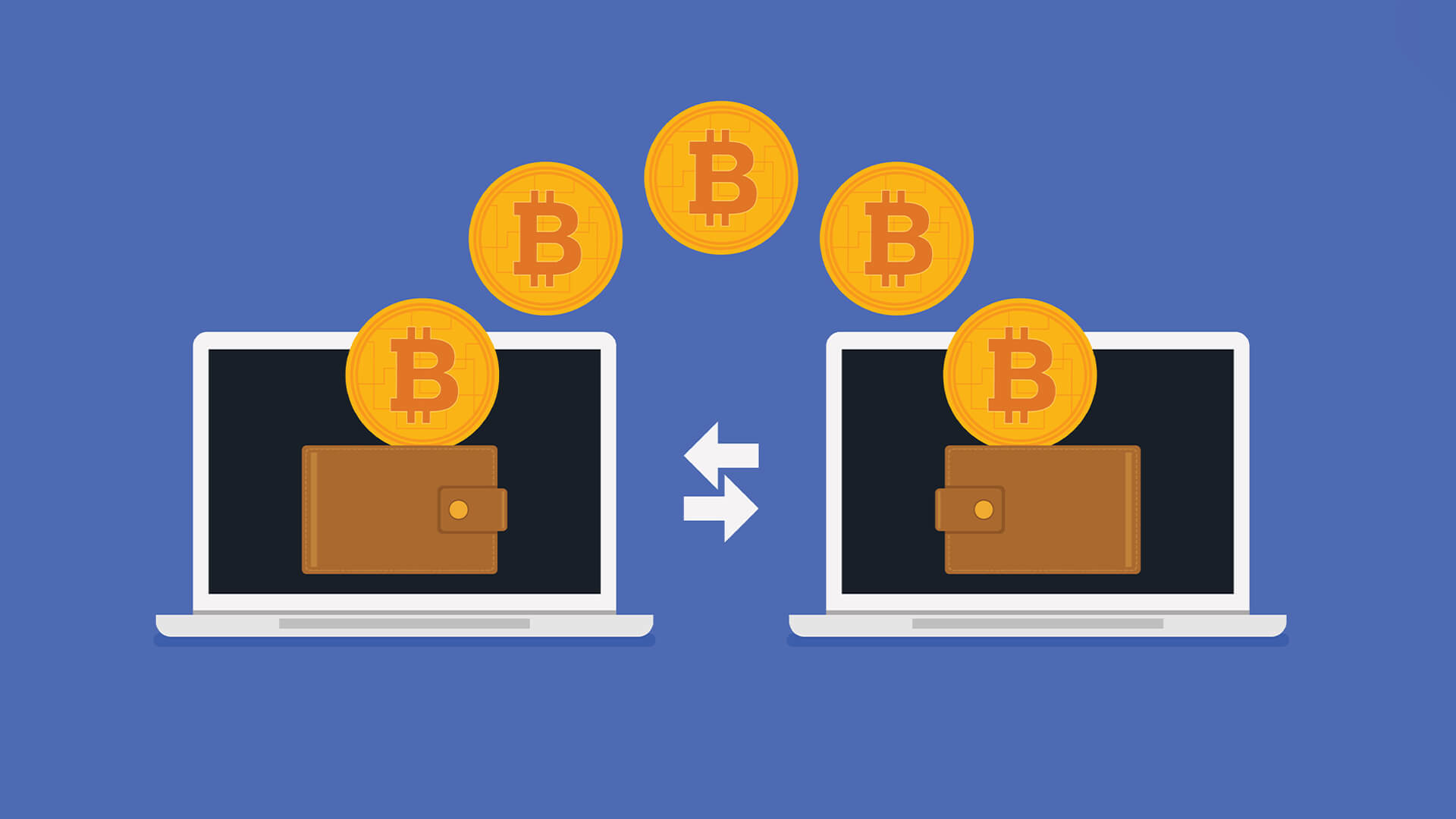WireX Launches New Solution for Non-Custodial Crypto Transactions
10.10.2024 12:00 1 min. read Alexander Stefanov
In a move to bolster user trust amid rising skepticism towards centralized financial systems, Wirex has rolled out Wirex Pay, a modular blockchain tailored for seamless payment transactions.
The early access launch on October 9 allows select users to execute everyday transactions using cryptocurrencies directly from their non-custodial wallets.
Pavel Matveev, co-founder of Wirex, shared insights into the evolving landscape of digital finance, noting that the fallout from high-profile collapses like FTX and Celsius has left many investors wary. Wirex Pay aims to empower users by providing them full control over their assets, utilizing security features such as private keys and multisignature capabilities.
To get started with Wirex Pay, users must complete a comprehensive ten-step onboarding process that involves obtaining a non-custodial card, undergoing identity verification, linking their crypto wallet, and funding their account. The service facilitates transactions with popular stablecoins like Tether (USDT), USD Coin (USDC), and Dai (DAI), and is currently operational in 54 countries, though it excludes the United States.
Furthermore, Wirex Pay enables users to transfer assets from the Ethereum blockchain, with applicable gas fees. In related developments, Mastercard has recently expanded its support for non-custodial cryptocurrency wallets through a partnership with Mercuryo, further promoting secure cryptocurrency transactions for users.
-
1
Dubai Approves First Tokenized Money Market Fund
08.07.2025 20:30 1 min. read -
2
Largest Bank in Hong Kong Explores Digital HKDollar in new project
10.07.2025 21:00 2 min. read -
3
Volkswagen Taps Solana-Based Service for Real-Time Robotaxi Navigation
09.07.2025 8:01 2 min. read -
4
Emirates to Integrate Crypto.com Pay in 2025: A New Era of Airline Payments
09.07.2025 15:08 2 min. read -
5
Alibaba Founder-Backed Ant Group to Integrate USDC Stablecoin
10.07.2025 13:30 2 min. read
Crypto Greed Index Stays Elevated for 9 Days — What it Signals Next?
The crypto market continues to flash bullish signals, with the CMC Fear & Greed Index holding at 67 despite a minor pullback from yesterday.
U.S. Public Pension Giant Boosts Palantir and Strategy Holdings in Q2
According to a report by Barron’s, the Ohio Public Employees Retirement System (OPERS) made notable adjustments to its portfolio in Q2 2025, significantly increasing exposure to Palantir and Strategy while cutting back on Lyft.
Key Crypto Events to Watch in the Next Months
As crypto markets gain momentum heading into the second half of 2025, a series of pivotal regulatory and macroeconomic events are poised to shape sentiment, liquidity, and price action across the space.
Here is Why Stablecoins Are Booming, According to Tether CEO
In a recent interview with Bankless, Tether CEO Paolo Ardoino shed light on the growing adoption of stablecoins like USDT, linking their rise to global economic instability and shifting generational dynamics.
-
1
Dubai Approves First Tokenized Money Market Fund
08.07.2025 20:30 1 min. read -
2
Largest Bank in Hong Kong Explores Digital HKDollar in new project
10.07.2025 21:00 2 min. read -
3
Volkswagen Taps Solana-Based Service for Real-Time Robotaxi Navigation
09.07.2025 8:01 2 min. read -
4
Emirates to Integrate Crypto.com Pay in 2025: A New Era of Airline Payments
09.07.2025 15:08 2 min. read -
5
Alibaba Founder-Backed Ant Group to Integrate USDC Stablecoin
10.07.2025 13:30 2 min. read


